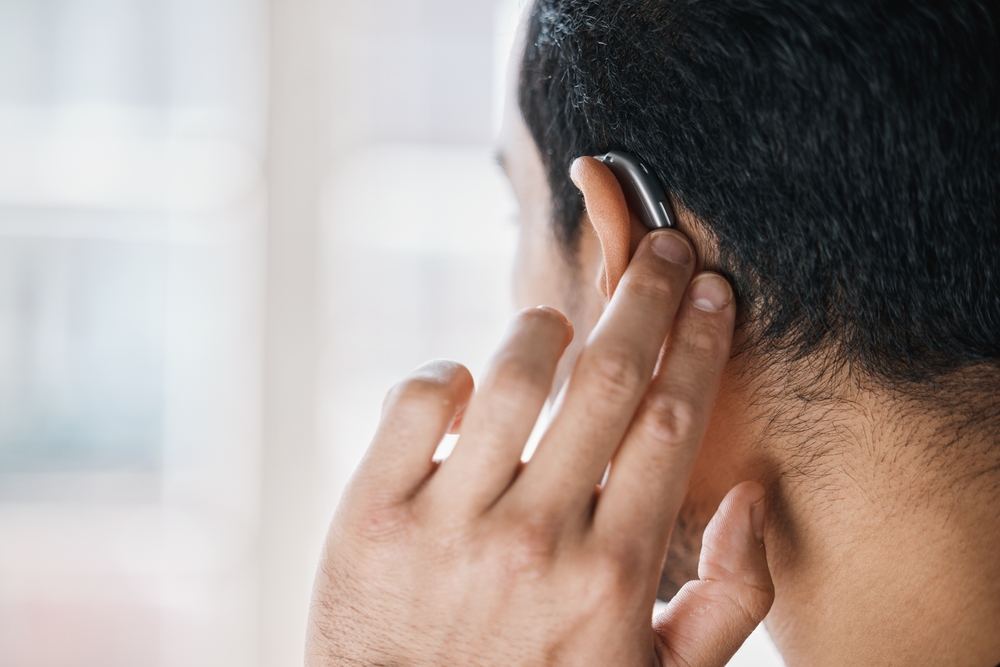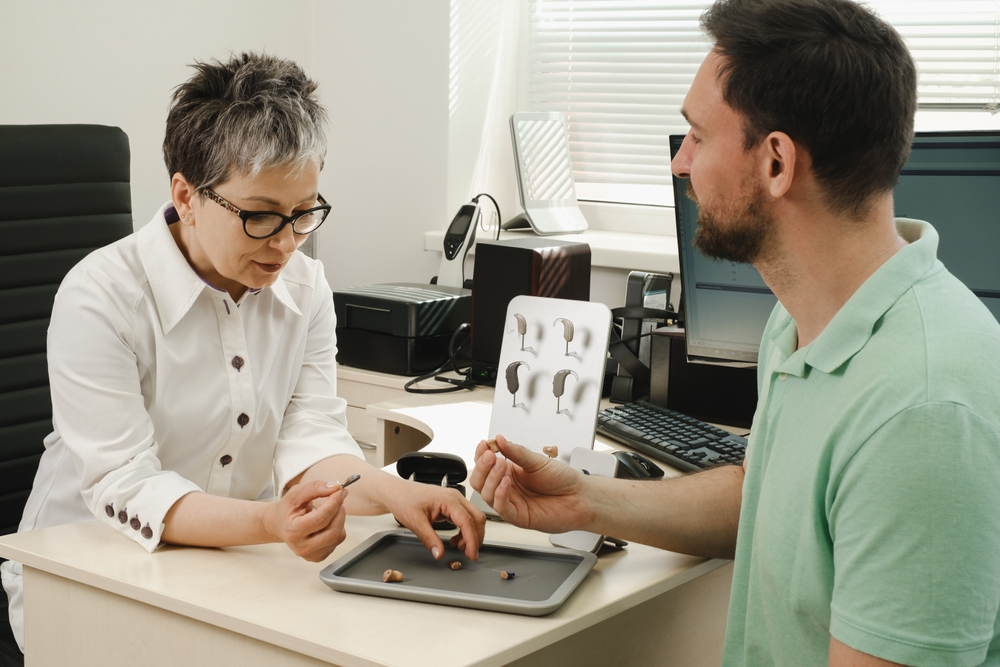If you count yourself among the millions of people who wear a hearing aid, you might worry about what would happen if they stopped working. The obvious answer is that you’d have a pretty hard time hearing anything while your hearing aid is out of commission. But how long does it take to get a hearing aid fixed? And how much money does it cost? It all depends on what caused your hearing aid to stop working in the first place, but no matter the issue, there are ways you can provide maintenance and protection to your hearing aids to extend their lifespans.
Here are some hearing aid accessories you can put in a “first aid kit” to make sure your hearing aids last longer and don’t fail when you need them most.
Don’t go anywhere without a hearing aid case
It should go without saying: the best place to keep your hearing aids is in your ears. But there are definitely times when that’s just not possible like when you go swimming, go to bed, or take a shower. It’s for just those occasions that you should keep a hearing aid case handy. Keeping your hearing aid in a protective case when they’re not in use ensures they won’t become casualties of some random accident, like going through the wash, getting lost at the beach, or just getting wet – which is often a death sentence for hearing aids. But the protective case is just half of the equation – you also need to get used to putting your hearing aids in their case every time you take them out, otherwise, the case won’t do you any good.
Keep things dry with a dehumidifier
As noted above, moisture is the bane of hearing aids everywhere. And you don’t even need to take your hearing aids swimming or in the shower to get them wet, since moisture slowly builds up while you wear them and mixes with wax to cause problems. That’s why there are a number of dehumidifiers and dryers on the market to help keep your hearing aids dry, which incidentally increases their lifespan. There are several different types of dehumidifiers and dryers out there, including electric and gel-based, so it’s best to speak with your hearing specialist to determine which one is best for your situation. One thing to remember when you use any dehumidifier or dryer, though: you should always leave your hearing aid battery doors open to ensure proper air circulation, which helps the moisture escape faster.
Get rid of the gunk with a cleaning kit
Before you put your hearing aids inside of a dehumidifier or dryer, you should make sure that they’re as clean as possible. In fact, regular cleaning of your hearing aids will help extend their usefulness and save you money in the long run. So what should you look for in a hearing aid cleaning kit? Most come with a wax pick and brush, which is pretty much all you need to remove the earwax that accumulates in the hearing aid and traps moisture inside. It’s a good idea to clean your hearing aids once a day, with the best time being before you go to bed. This way, your hearing aids will benefit from being left out to dry overnight and are ready for you to wear the next morning.
Don’t forget the extra batteries
Your hearing aids won’t be any good unless their batteries have enough juice in them. Hearing aid batteries have a lifespan that ranges from a few days to a couple of weeks, but let’s be honest: you know your hearing aid batteries won’t die when you’re at home with all the replacements you’d ever need. Those batteries will die when you’re out to eat, at a friend’s birthday party, or just about anywhere else where you won’t have a spare set of batteries handy. The solution? Carry extra batteries! That sounds obvious, but the best way to make sure you have uninterrupted hearing is to borrow the Scout’s motto and be prepared. You should keep at least one set of replacement batteries on you at all times, and make sure to restock those batteries every time you have to use a set.
Want to learn more about hearing aid accessories and maintenance? Contact a hearing aid specialist in your area to set up a consultation.



